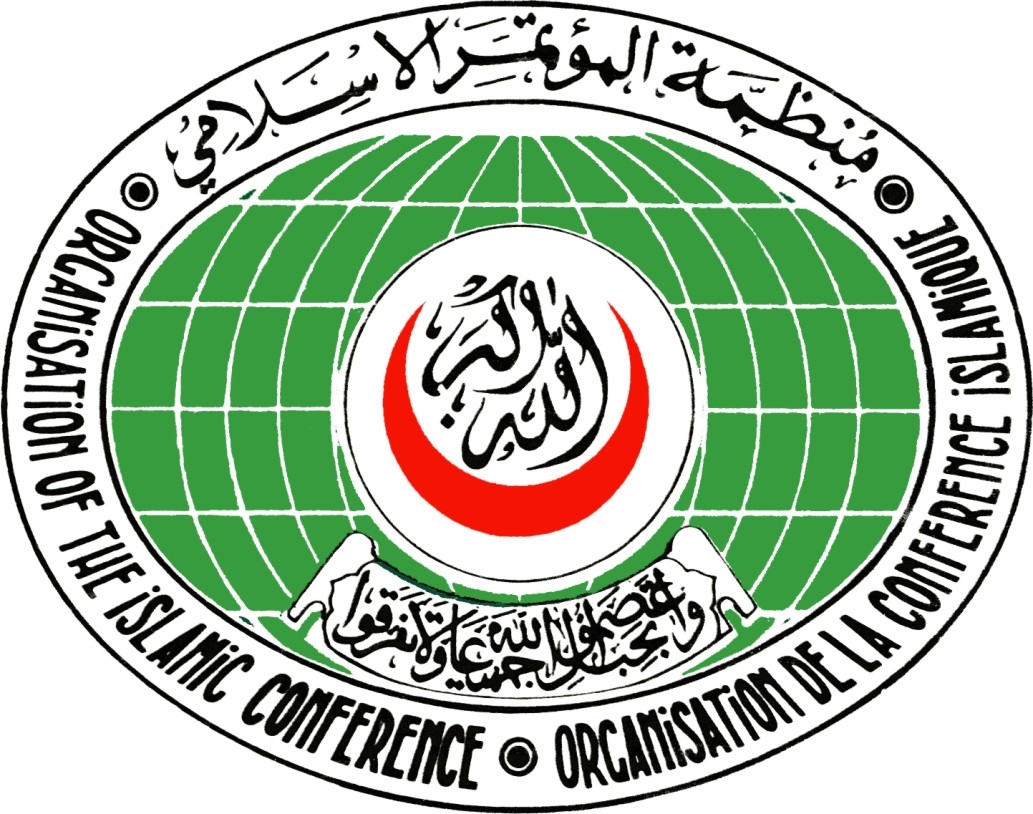
مطالعات فرهنگی و رسانه ایران
این تارنما به آخرین مباحث حوزه مطالعات فرهنگی و رسانه ایران با چشم انداز ارتباطی می پردازد.
مطالعات فرهنگی و رسانه ایران
این تارنما به آخرین مباحث حوزه مطالعات فرهنگی و رسانه ایران با چشم انداز ارتباطی می پردازد.معرفی سایت سازمان کنفرانس اسلامی
«مطالعات فرهنگی و رسانه ایران»- یکی از سایت های بسیار مهم برای مطالعه مباحث فرهنگی در ایران و در جهان اسلام سایت سازمان کنفرانس اسلامی است. در این نوشتار معرفی خوبی از بخش ها و بحث های این سازمان مطرح می کنیم که از سایت اصلی آن برداشت شده است:

Presentation
The Organization of the Islamic Conference (OIC) is an international organization grouping fifty seven States which have decided to pool their resources together, combine their efforts and speak with one voice to safeguard the interests and secure the progress and well-being of their peoples and of all Muslims in the world.
The Organization was established in Rabat, Kingdom of Morocco, on 12 Rajab 1389H (25 September 1969) when the First meeting of the leaders of the Islamic world was held in the wake of the criminal Zionist attempt to burn down the Blessed Al-Aqsa Mosque on 21 August 1969 in the occupied city of Al-Quds.
Under the Charter, the Organization aims to:
1. Strengthen:
a) Islamic solidarity among Member States;
b) Cooperation in the political, economic, social, cultural and scientific fields;
c) The struggle of all Muslim people to safeguard their dignity, independence and national rights.
2. Coordinate action to:
a) Safeguard the Holy Places;
b) Support the struggle of the Palestinian people and assist them in recovering their rights and liberating their occupied territories.
3. Work to:
a) Eliminate racial discrimination and all forms of colonialism;
b) Create a favourable atmosphere for the promotion of cooperation and understanding between Member States and other countries.
The Charter also enumerates the principles governing OIC activities, namely:
1. Full equality among Member States;
2. Observation of the right to self-determination and non-interference in the internal affairs of Member States;
3. Observation of the sovereignty, independence and territorial integrity of each State;
4. The settlement of any dispute that might arise among Member States by peaceful means such as negotiations, mediation, conciliation and arbitration;
5. A pledge to refrain, in relations among Member States, from resorting to force or threatening to resort to the use of force against the unity and territorial integrity or the political independence of any one of them;
OIC Committees and Bodies
In order to coordinate and boost its action, align its stands, and achieve concrete results in various fields of cooperation, political, economic, cultural, social, spiritual and scientific among Member States, the OIC Summit and Ministerial Conferences have created different committees including:
-- The Al-Quds Committee
-- The Standing Committee for Information and Cultural Affairs (COMIAC),
-- The Standing Committee for Economic and Trade Cooperation (COMCEC),
-- The Standing Committee for Scientific and Technical Cooperation (COMSTECH),
-- The Islamic Commission on Economic, Cultural and Social Affairs.
Secretaries General of the OIC
His Royal Highness Tunku Abdul Rahman Putra Al-Haj, Malaysia 1970 - 1973
His Excellency Hassan Al-Touhami, Egypt 1974 - 1975
His Excellency Dr. Amadou Karim Gaye, Senegal 1975 - 1979
His Excellency Habib Chatty, Tunisia 1979 - 1984
His Excellency Syed Sharifuddin Pirzada, Pakistan 1985 - 1988
His Excellency Dr. Hamid Algabid, Niger 1989 - 1996
His Excellency Prof. Dr. Azeddin Laraki, Morocco 1997 - 2000
His Excellency Abdelouhed Belkeziz, Morocco 2001-2004
His Excellency Ekmelledin Ihsanoglu, Turkey 2005
Organization of the Islamic Conference's Subsidiary Organs, Specialised and affiliated institutions
The secondary organs and institutions working toward the achievement of the OIC objectives, cover cultural, scientific, economic, legal, financial, sports, technological, educational, media, vocational, social and humanitarian areas. Depending on their degree of autonomy vis-à-vis the parent organization,they are classified as subsidiary organs, specialized institutions and affiliated institutions.
Members
Permanent Missions of OIC Member States
AFRICA
Benin
Algeria
Burkina Faso
Cameroon
Djibouti
Chad
Egypt
Cote D'Ivoire
Gabon
Gambia
Guinea
Mali
Mauritania
Mozambique
Morocco
Niger (Brussels)
Nigeria
Senegal
Somalia
Sudan
Togo
Tunisia
Uganda
ASIA (CENTRAL, SOUTH & SOUTH-EAST)
Afghanistan
Banglades
Brunei
Indonesia
Kazakhstan
Kyrgyzstan
Malaysia
Maldives
Pakistan
Tajikistan
Turkmenistan
Uzbekistan
MIDDLE EAST & NORTH AFRICA
Bahrain
Iran
Iraq
Jordan
Kuwait
Lebanon
Libya
Oman
Palestine
Qatar
Saudi Arabia
Syria
United Arab Emirates
Yemen
EASTERN EUROPE & CAUCASIA
Albania
Azerbaijan
Turkey
OIC Observer States, Communities, Organizations & Institutions
States
Bosnia & Herzegovina
Central African Republic
Russia
Thailand
Turkish Cypriot State
Muslim Communities / Organizations
Moro National Liberation Front
Islamic Institutions
Parliamentary Union of the OIC Member States (PUOICM)
Islamic Conference Youth Forum for Dialogue and Cooperation (ICYFDC)
International Organizations
United Nations (UN)
Non-Aligned Movement (NAM)
League of Arab States (LAS)
African Union (AU)
Economic Cooperation Organization (ECO)
DISCLAIMER: THE WEBSITES & CORRESPONDENCE INFORMATION FOR ALL THE STATES, COMMUNITIES, INSTITUTIONS AND ORGANIZATIONS LISTED ABOVE ARE ENTIRELY UNRELATED TO THE ORGANIZATION OF THE ISLAMIC CONFERENCE (OIC) AND DO NOT IN ANY WAY REFLECT THE VIEWS OF THE OIC